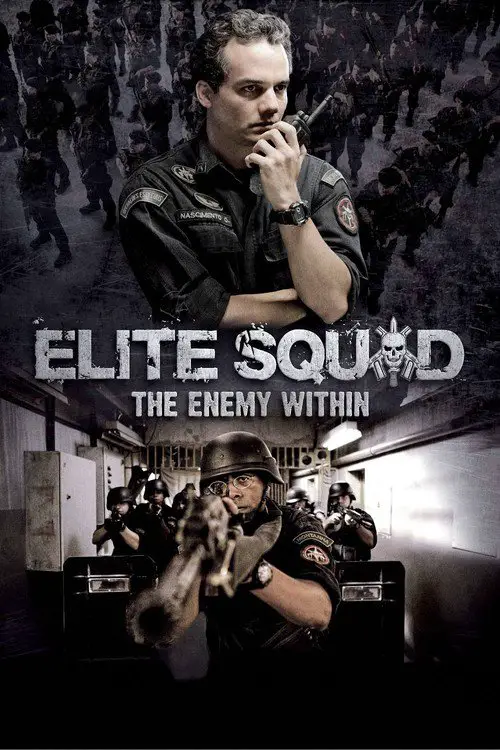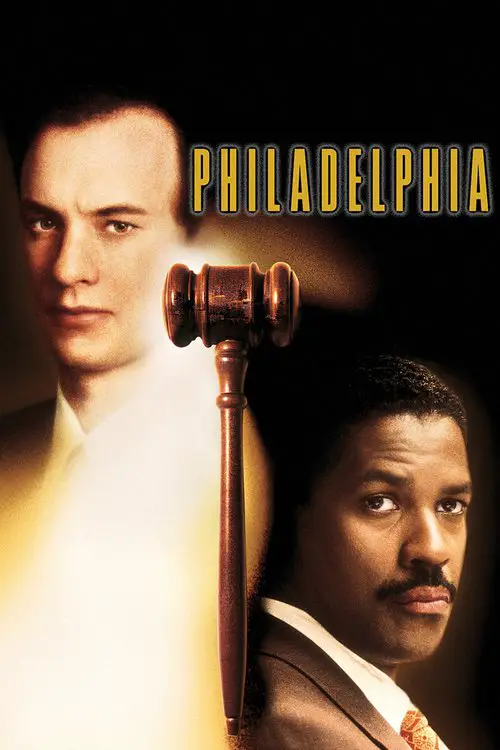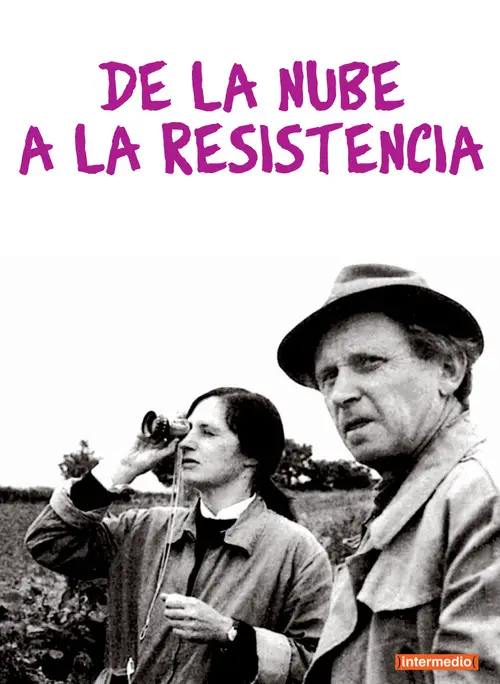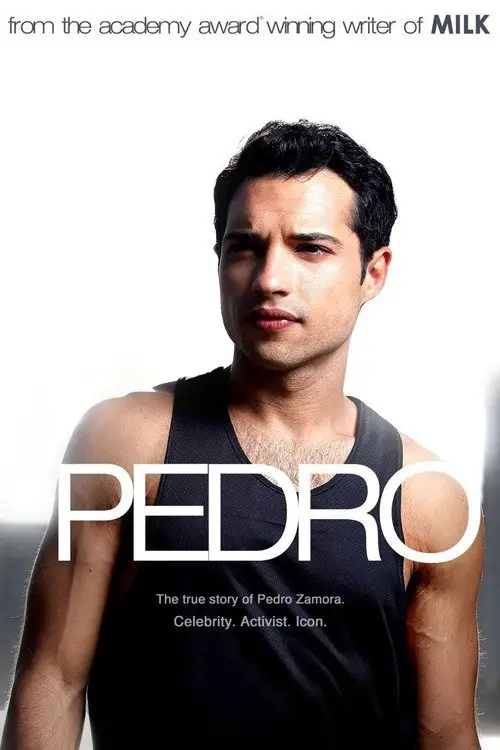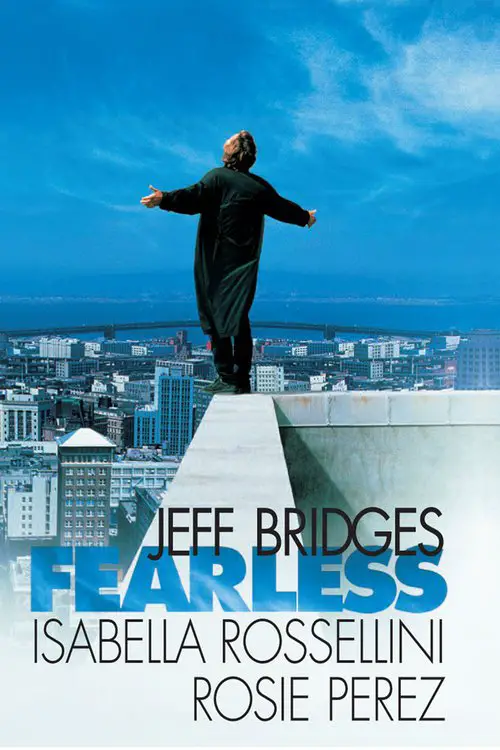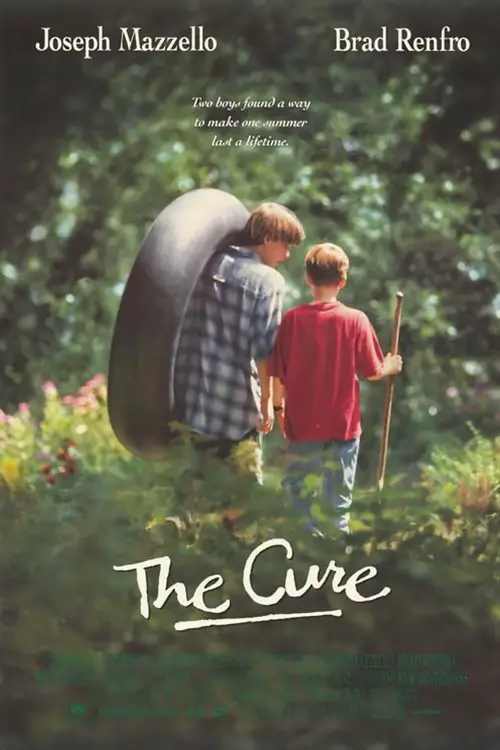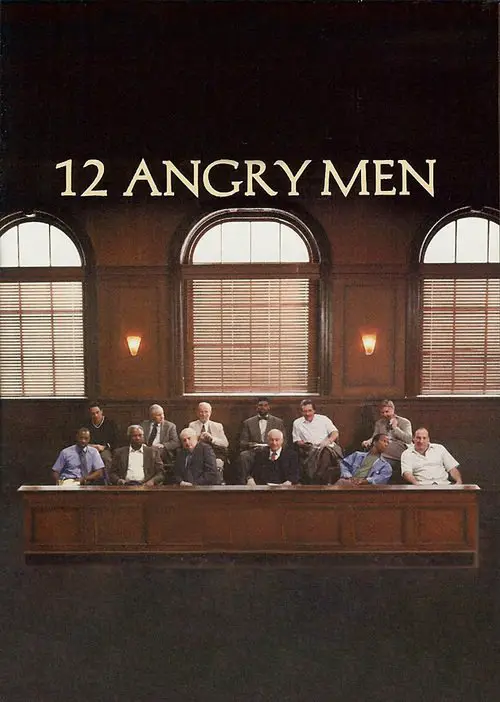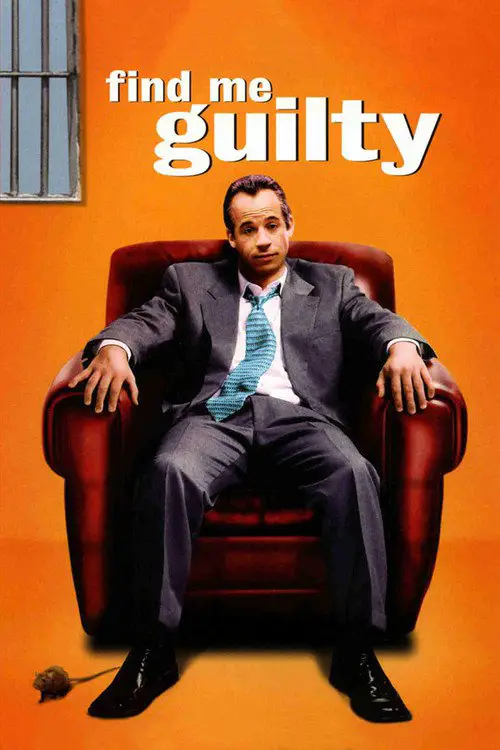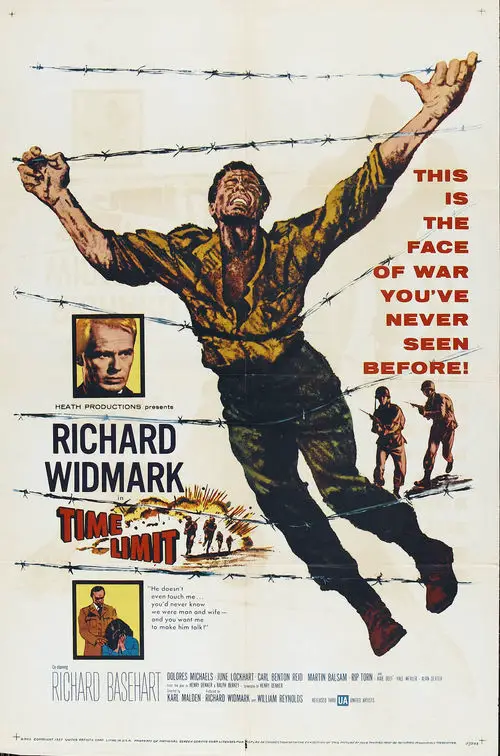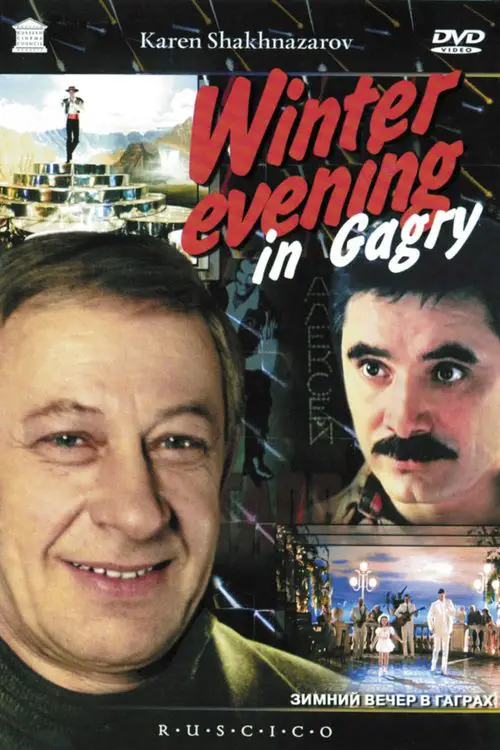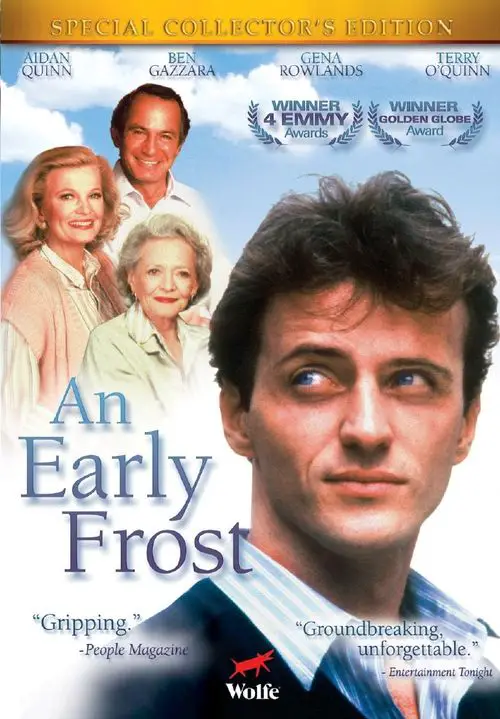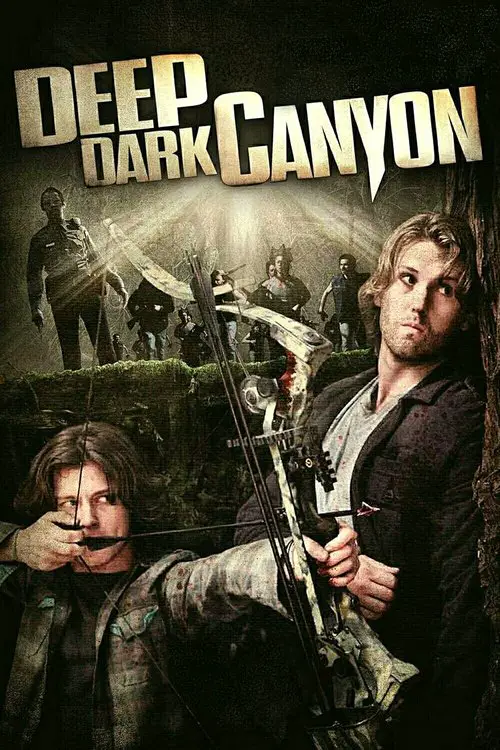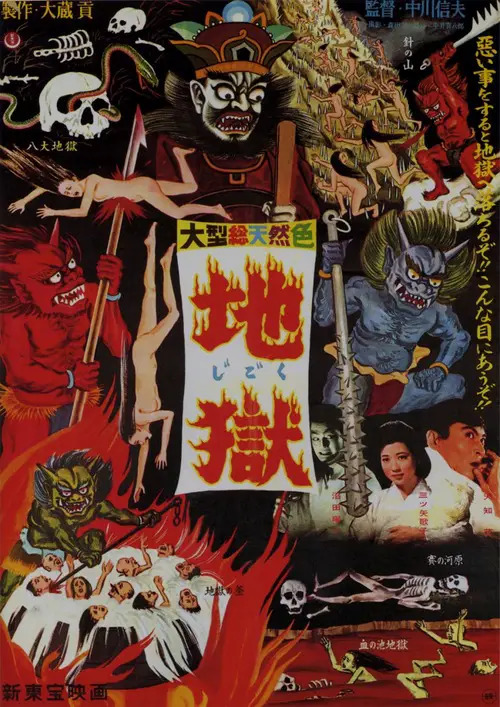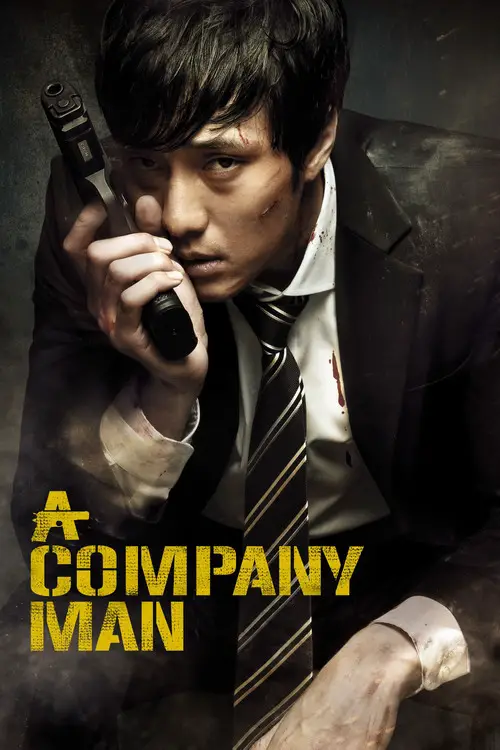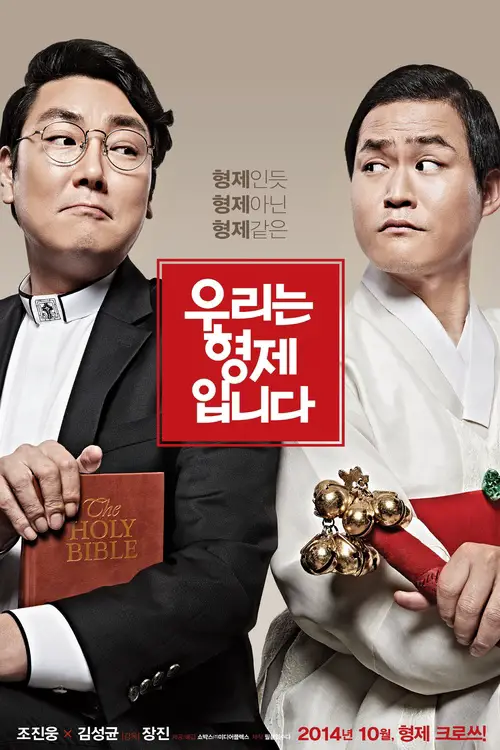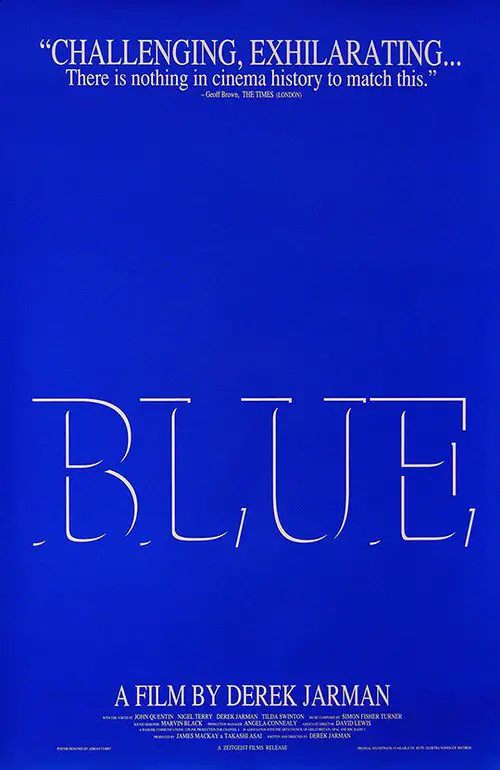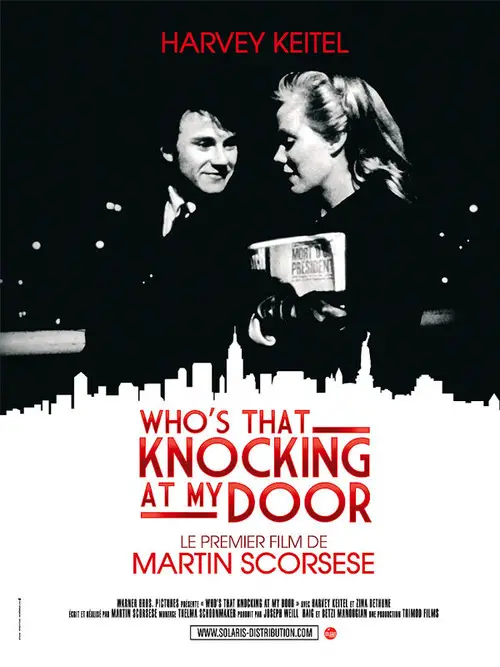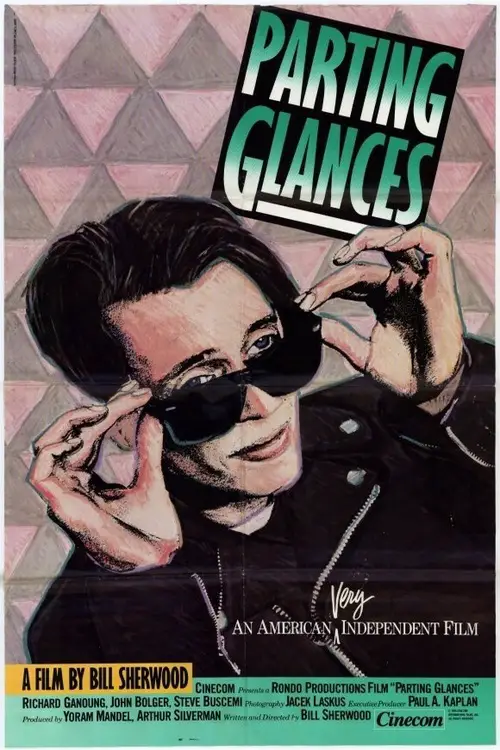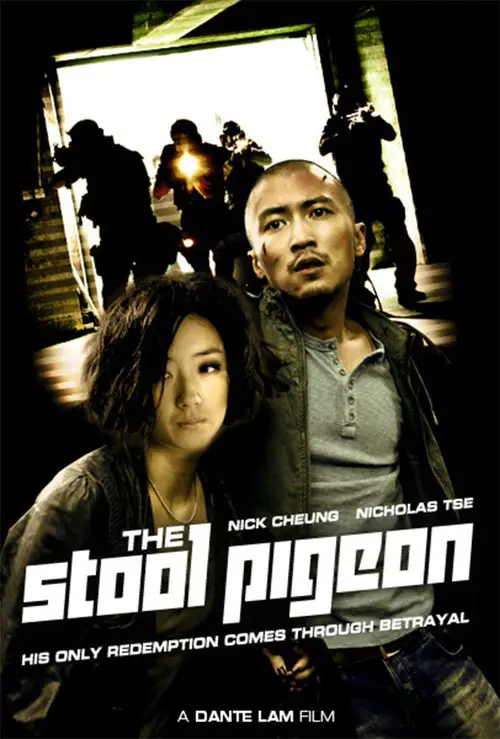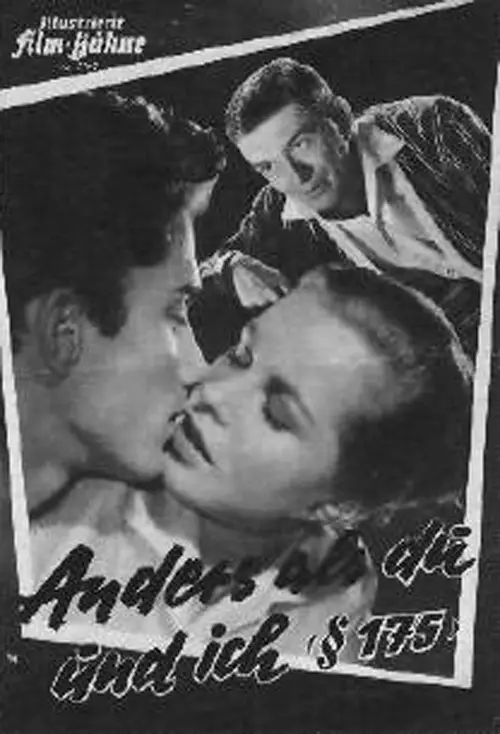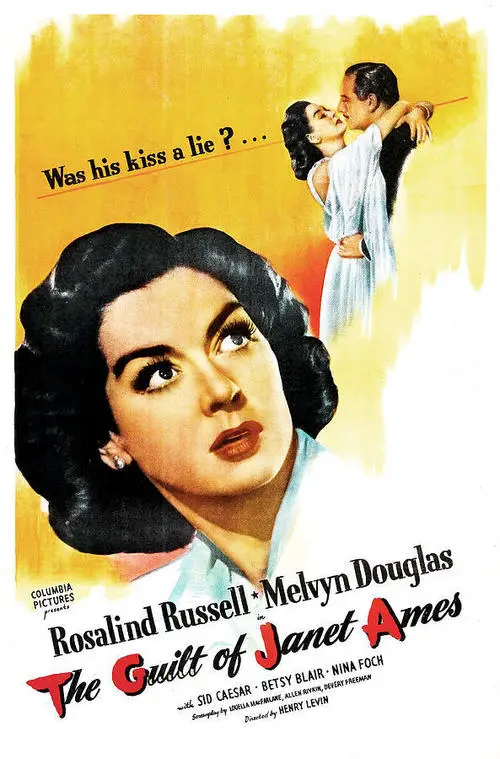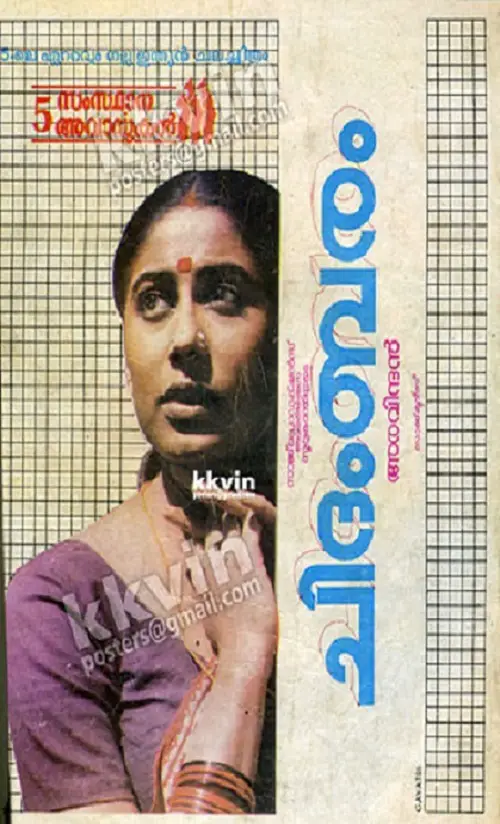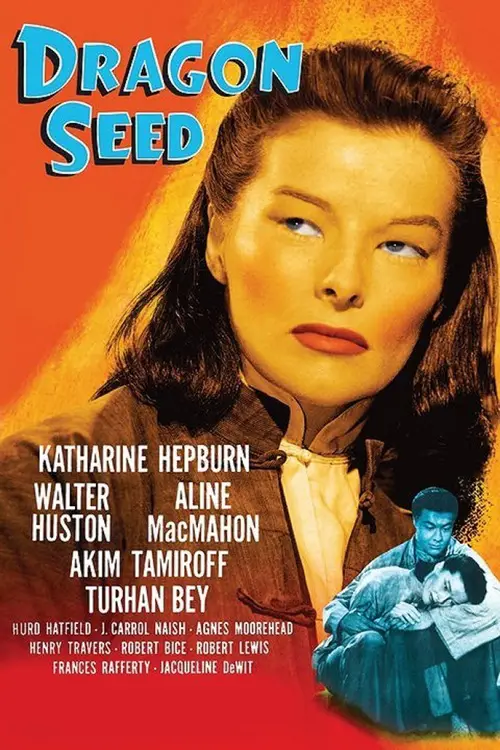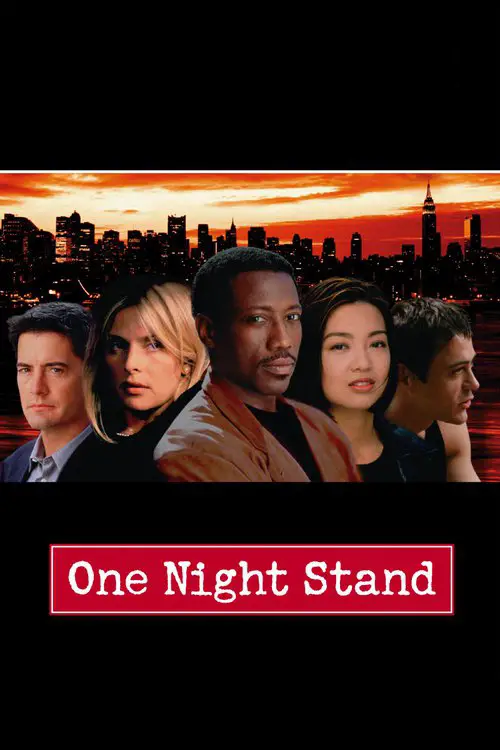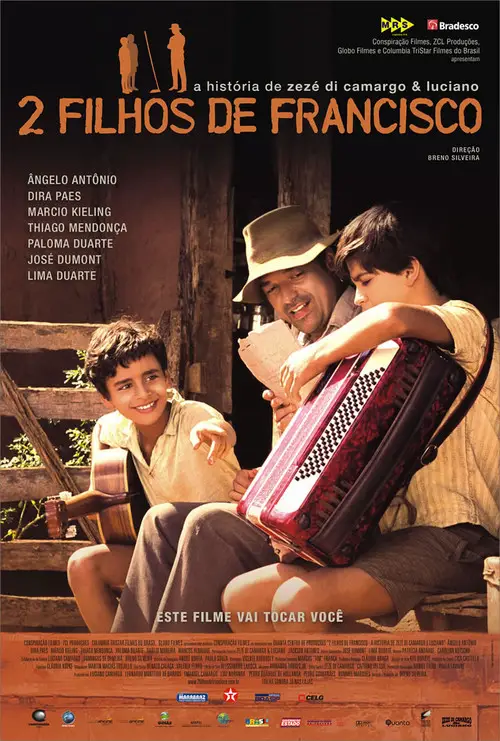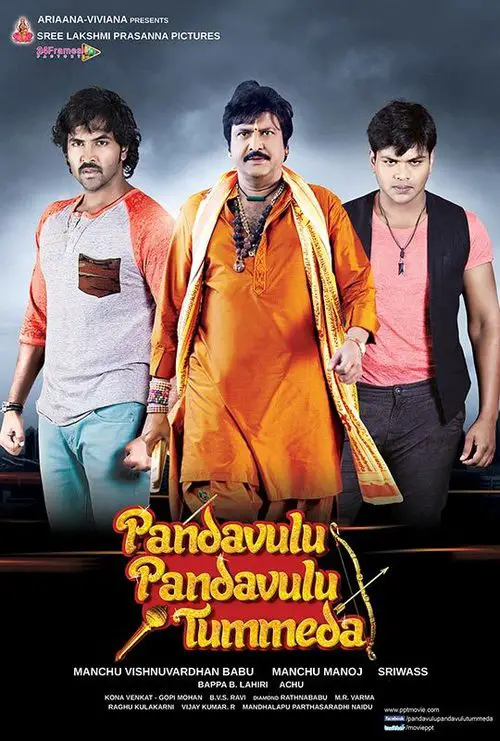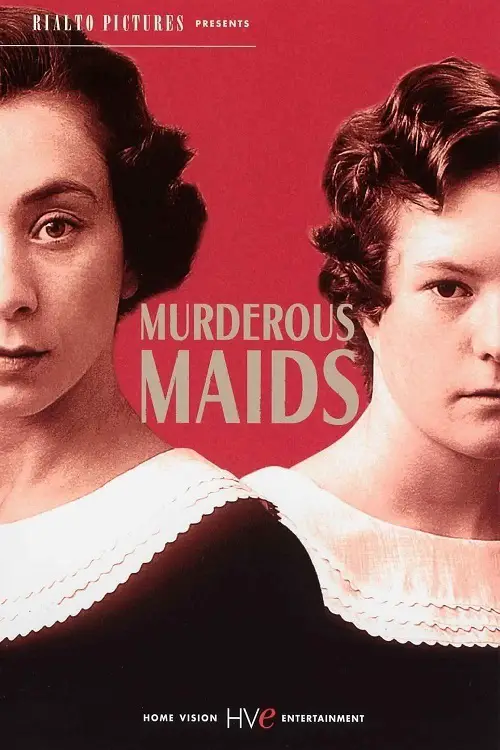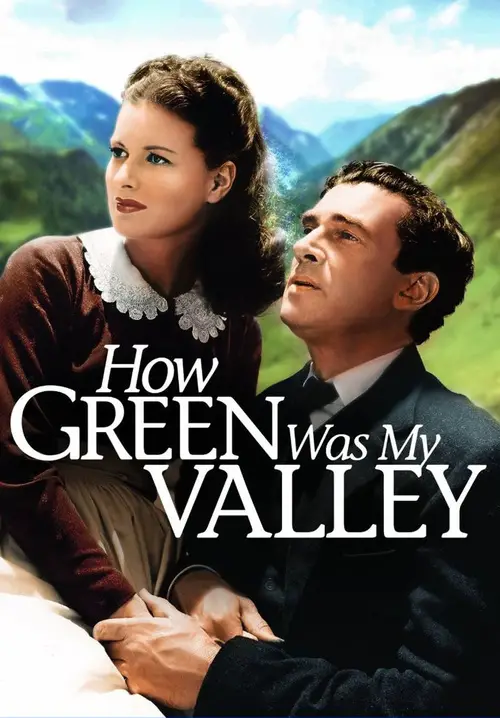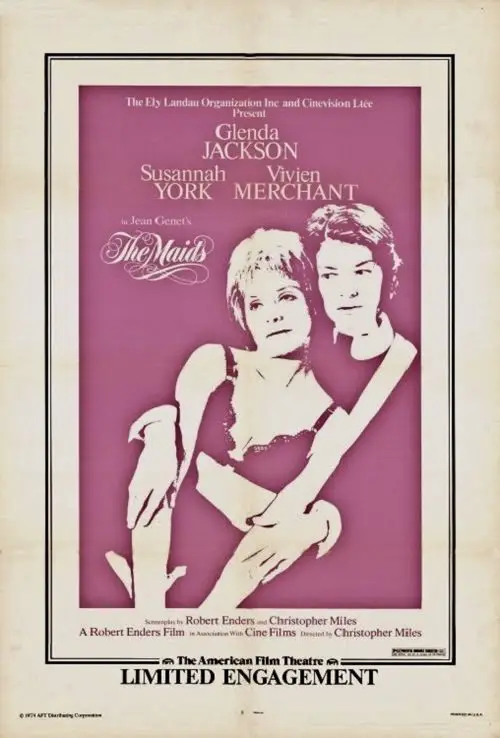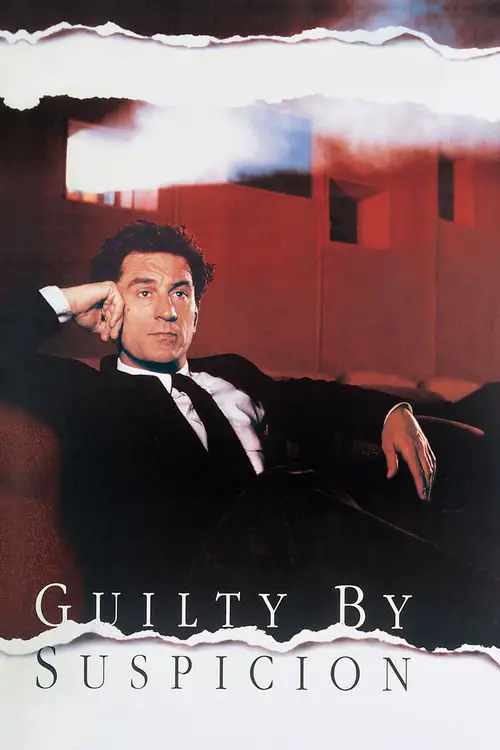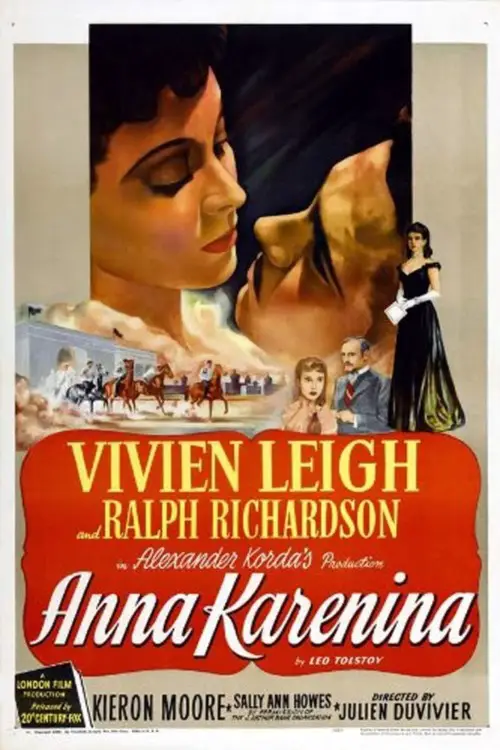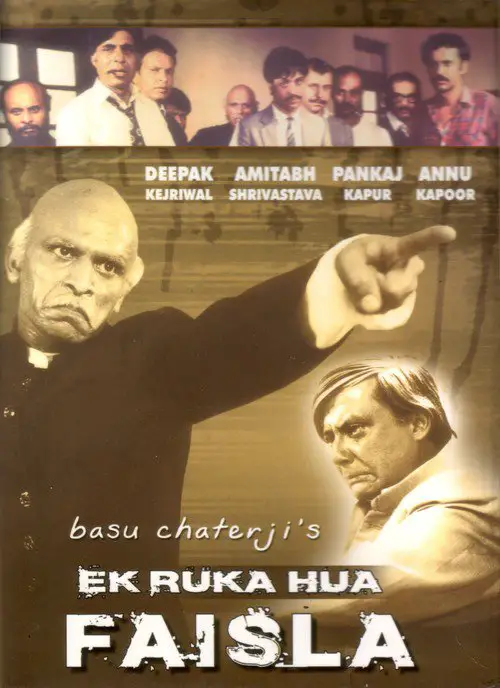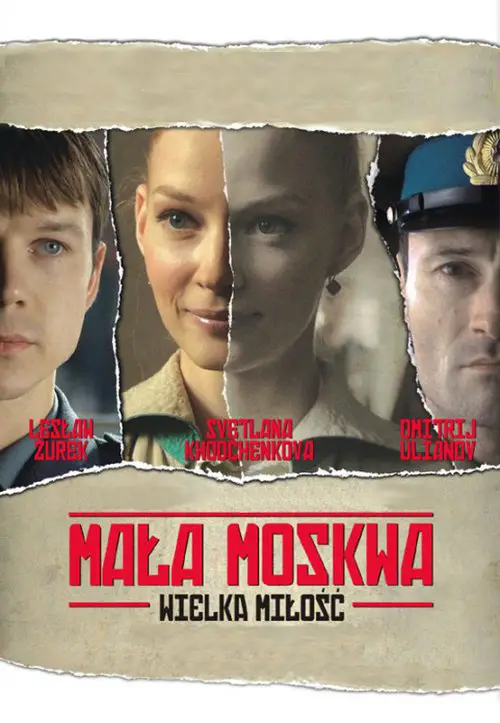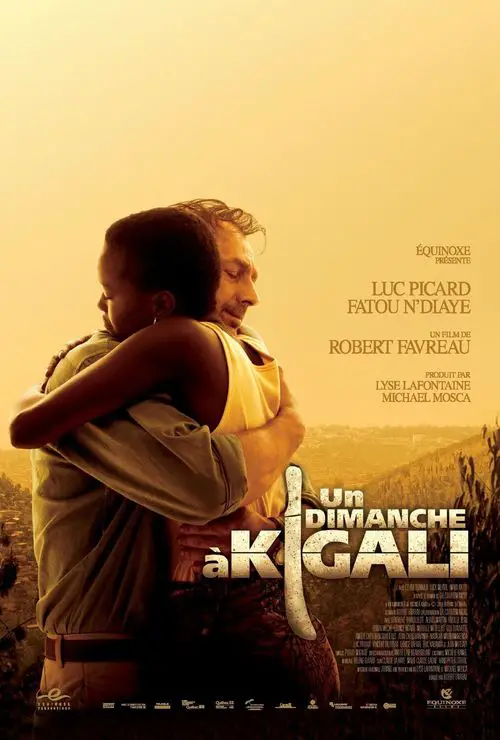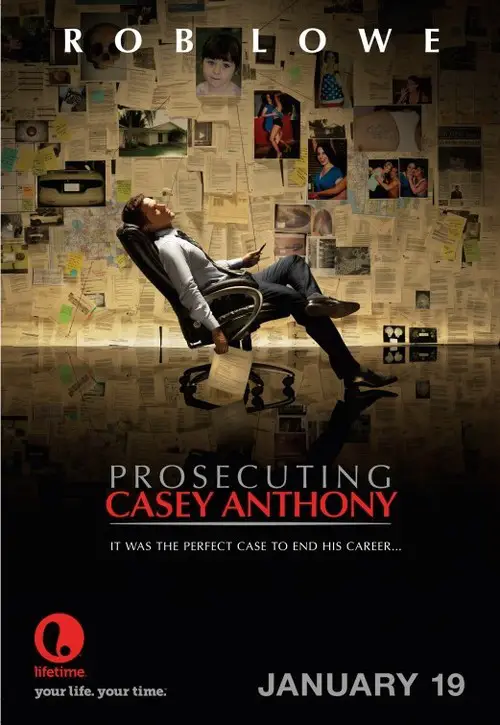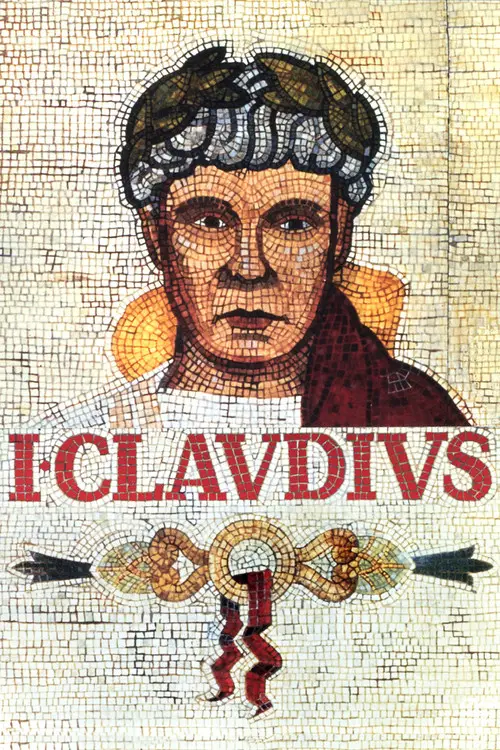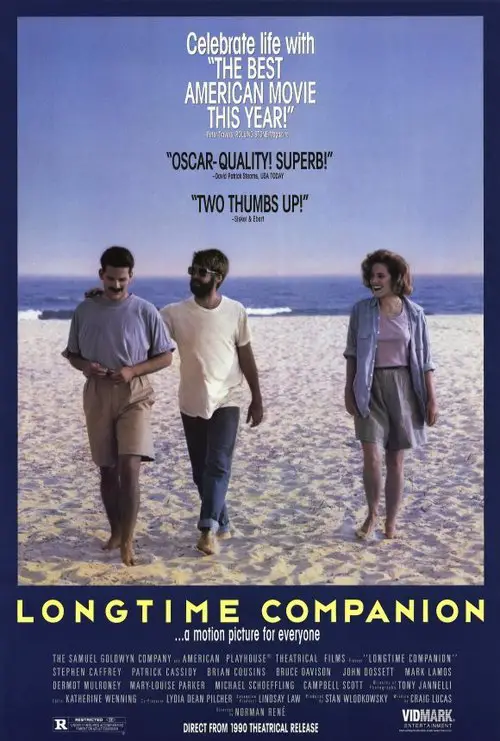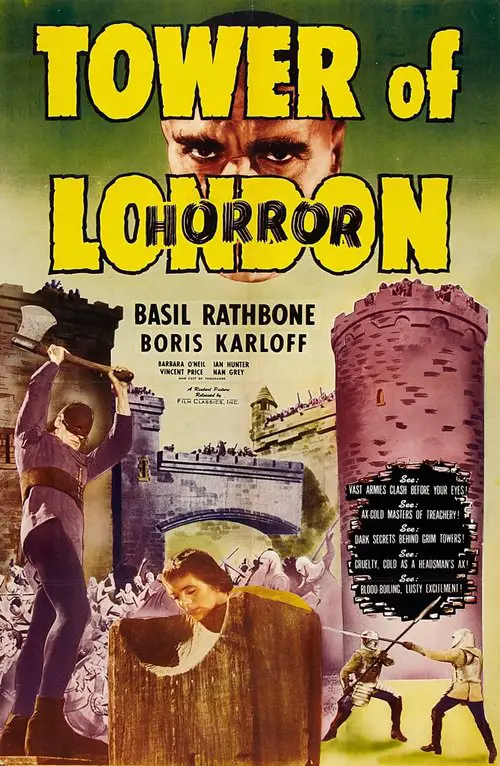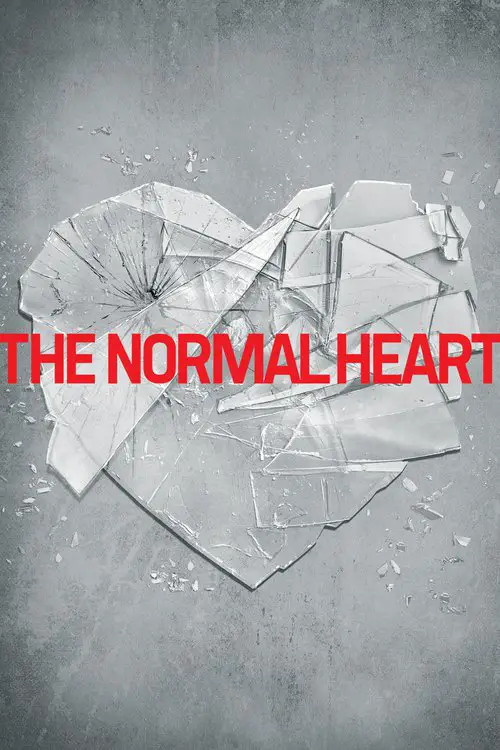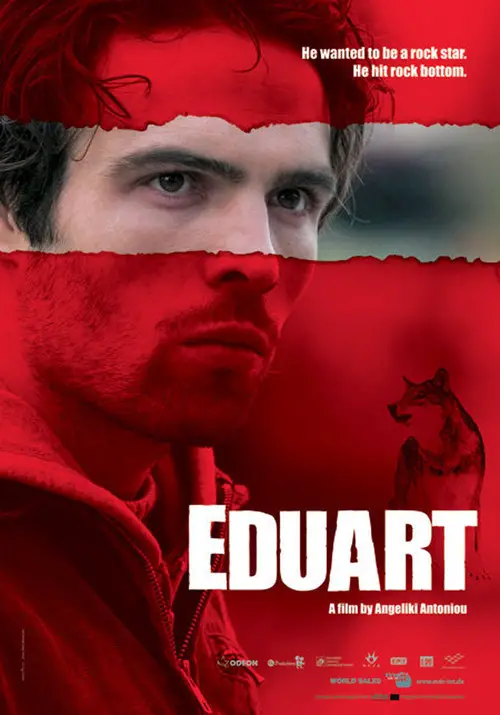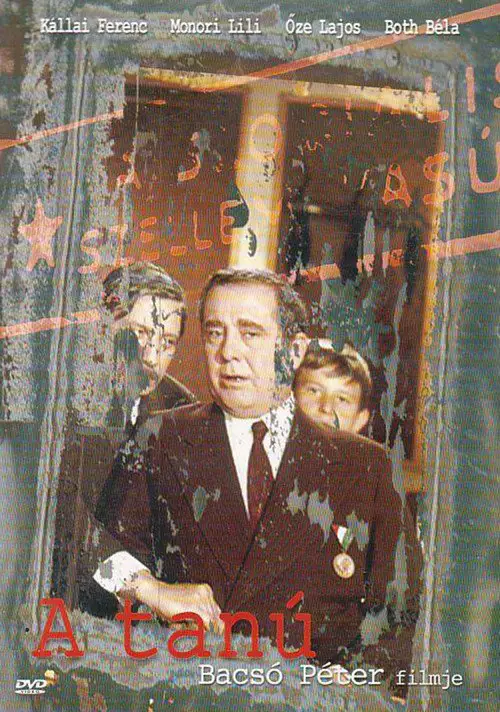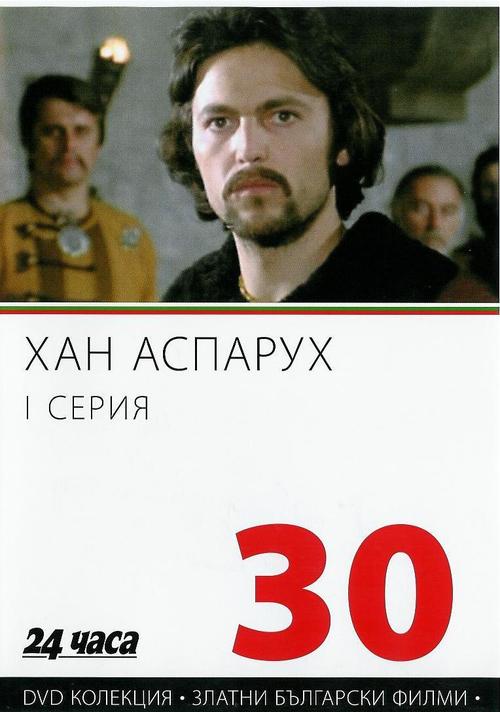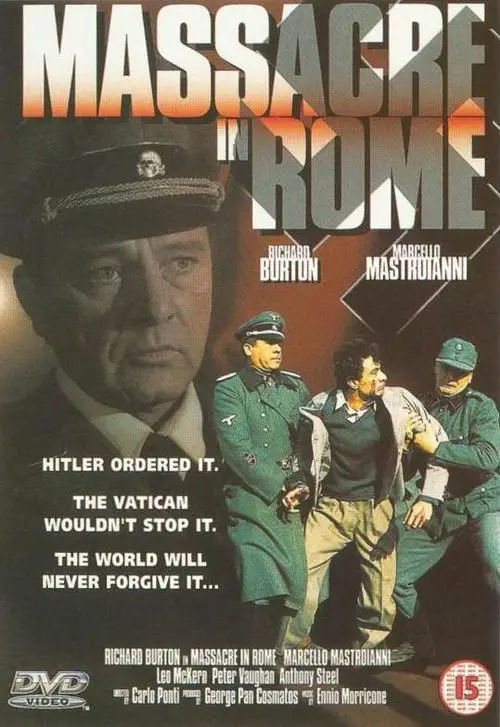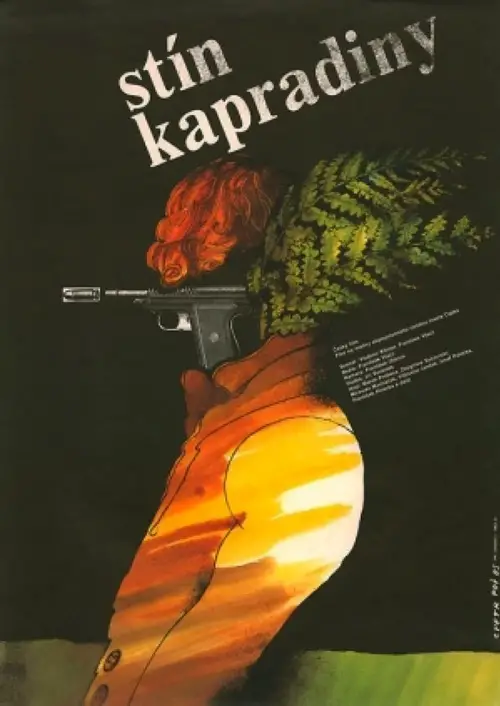Our Sons (1991)
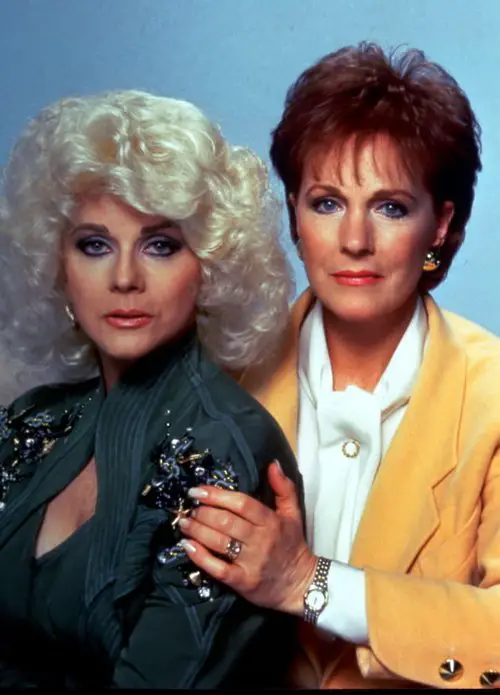
Similar movies
After a bloody invasion of the BOPE in the High-Security Penitentiary Bangu 1 in Rio de Janeiro to control a rebellion of interns, the Lieutenant-Colonel Roberto Nascimento and the second in command Captain André Matias are accused by the Human Right Aids member Diogo Fraga of execution of prisoners. Matias is transferred to the corrupted Military Police and Nascimento is exonerated from the BOPE by the Governor.
The defense and the prosecution have rested and the jury is filing into the jury room to decide if a young Spanish-American is guilty or innocent of murdering his father. What begins as an open and shut case soon becomes a mini-drama of each of the jurors' prejudices and preconceptions about the trial, the accused, and each other.
'Dalla nube alla resistenza (From the Cloud to the Resistance ) (1978), based on two works by Cesare Pavese, falls into the category of History Lessons and Too Early, Too Late as well. It, too, has two partsâa twentieth-century text and a text regarding the myths of antiquity, each set in the appropriate landscape. Pavese's The Moon and the Bonfires looks back on the violent deaths of Italian anti-Fascist resistance fighters; Dialogues with Leucò is a series of dialogues between heroes and gods, connecting myth and history and returning to an ambiguous stage in the creation of distinctions, such as that between animal and human, which are fundamental to grammar and language itself. Such a juxtaposition of political engagement with profoundly contemplative issues such as myth, nature, and meaning points to the characters of Empedocles and Antigone in the Hölderlin films.' (From "Landscapes of resistance. The German Films of Danièle Huillet and Jean-Marie Straub" by Barton Byg)
An intimate biopic of Pedro Zamora, an HIV-positive Cuban-American, who was cast for the MTV reality show, The Real World: San Francisco, in 1994. Due to his experience on the Real World, Pedro became a celebrity and a sympathetic face of the AIDS epidemic for millions of Americans who had never met anyone with HIV/AIDS.
After a terrible air disaster, survivor Max Klein emerges a changed person. Unable to connect to his former life or to wife Laura, he feels godlike and invulnerable. When psychologist Bill Perlman is unable to help Max, he has Max meet another survivor, Carla Rodrigo, who is racked with grief and guilt since her baby died in the crash which she and Max survived.
Dexter, age 11, who has AIDS, and his next door neighbor Eric, a little older and much bigger, become best friends. Eric also becomes closer to Dexter's mother than to his own, who is neglectful and bigoted and violently forbids their friendship upon learning of it. Dexter and Erik start the journey to find "The Cure" they had read about in the local newspaper.
During the trial of a man accused of his father's murder, a lone juror takes a stand against the guilty verdict handed down by the others as a result of their preconceptions and prejudices. The film is adapted by Reginald Rose from his own 1957 film version (directed by Sidney Lumet) and from the Westinghouse One television production that predated it. George C. Scott won a Golden Globe for his supporting role; righteous juror Jack Lemmon was denied such an honor for Best Actor, but recipient Ving Rhames (for Don King) dedicated his award to Lemmon.
A three-paneled look at the worldwide AIDS crisis: in Montreal, a porn actor (Ashmore) schemes to pass his mandatory blood test; a young nun (Sevigny) makes a personal sacrifice for the benefit of a South African village; in rural China, a black market operative (Liu) posing as a goverment-sanctioned blood drawer jeopardizes an entire village's safety
Military investigator Colonel Edwards is assigned a case involving Major Cargill, a Korean War POW who is accused of treason. Although Cargill admits his guilt and Edwards' superiors are impatiently pushing Edwards to move this case to court martial, Edwards becomes convinced of Cargill's innocence.
A young romantic loves step dance but there is only one person who knows this forgotten art. Beglov was a step dance super star back in 50s but as step became unpopular he lost everything. He hates even this word - 'chechotka' (step dance). But somehow the young man convinces him to become his coach and manager.
Set in the mid-eighties Michael Pierson, a young gay man, is struck with AIDS in the prime of his life. He's forced to be open about the disease and his homosexuality for the first time with his co-workers (he's a successful lawyer) and family. He, and the people around him, must face up to the inevitablity of his death and the disease that's killing him. "An Early Frost" was many people's first look at an AIDS victim as a human being instead of a statistic.
Bloom Towne is a small-town sheriff under the thumb of the well-established, deeply influential Mayor Dick Cavanaugh's family. When Bloom's two teenage sons, Nate and Skylar accidentally shoot and kill Dick during a deer-hunt, Bloom's long-held allegiance to the reigning Cavanaugh clan is tested. Skylar (still a minor) decides to take the wrap for his older brother Nate, claiming he fired the fatal shot. The Cavanaugh family's quick retaliation sends Skylar on his way to county jail, soon to be tried as an adult. Desperate and guilt-ridden, Nate breaks Skylar out of jail and sets off a chain of lawless acts, which send them deep into the woods and on the run. Bloom's choice between the law and his sons leads to revelations of old family secrets that threaten to destroy everything he loves.
Hyeong-Do (So Ji-Sub) is an assassin for a company that masquerades as a metal trading company. One day, he takes on a job partnering with a man Hyun-Yi, who is he is to kill afterwards. Hyun-Yi asks a favor to Hyeong-Do which is to give money to his family. Hyeong-Do visits Hyun-Yi's home where he meets Hyun-Yi's wife Su-Yeon (Lee Mi-Yeon). Su-Yeon is a former singer whom Hyeong-Do admired in the past. Guilt, an unknown feeling up to this point for Hyeong-Do, begins take over Hyeong-Do.
J.R. is a typical Italian-American on the streets of New York. When he gets involved with a local girl, he decides to get married and settle down, but when he learns that she was once raped, he cannot handle it. More explicitly linked with Catholic guilt that Scorsese's later work, we see what happens to J.R. when his religious guilt catches up with him.
Living in the guilt of sacrificing his informant (Liu Kai Chi) in a previous operation, Criminal Intelligence Inspector Don Lee (Nick Cheung) is wary when his superior orders him to send another informant to spy on the criminal operations of Barbarian (Lu Yi), a vicious gangster plotting a jewelry heist. He seeks ex-convict Ghost (Nicholas Tse), who agrees to work for Don despite vowing to go straight since he's desperately in need of money to repay a debt and save his sister. Ghost's driving skills help him infiltrate Barbarian's gang and earn his trust, but by feeding information to Don and hooking up with Barbarian's girlfriend Dee (Guey Lun Mei), Ghost is pushing himself into a tight and deadly corner...
Beth, Calvin, and their son Conrad are living in the aftermath of the death of the other son. Conrad is overcome by grief and misplaced guilt to the extent of a suicide attempt. He is in therapy. Beth had always preferred his brother and is having difficulty being supportive to Conrad. Calvin is trapped between the two trying to hold the family together.
After breaking up with her girlfriend, a nightclub singer, Jane, answers a personal ad from Robin, a real estate agent with AIDS, seeking a cross-country travel partner. On their journey from New York City to Los Angeles, the two stop by Pittsburgh to pick up Robin's friend Holly, who is trying to escape an abusive relationship. With three distinct personalities, the women must overcome their differences to help one another.
This rock opera tells the story of one year in the life of a group of bohemians struggling in modern day East Village New York. The story centers around Mark and Roger, two roommates. While a former tragedy has made Roger numb to life, Mark tries to capture it through his attempts to make a film. In the year that follows, the group deals with love, loss, AIDS, and modern day life.
Directed by Jack Conway and Harold S. Bucquet, this 1944 film adaptation of Pearl Buck's novel, about a Chinese village invaded by Japanese soldiers, stars Katharine Hepburn, Walter Huston, Aline MacMahon (an Oscar nominee for Best Supporting Actress for her role), Agnes Moorehead, Turhan Bey, J. Carrol Naish, Hurd Hatfield, Frances Rafferty, Henry Travers and Akim Tamiroff.
In Los Angeles, Max Carlyle makes a good living directing commercials and has a happy home life with his wife, Mimi, and two children. When Carlyle travels to New York City to visit his friend Charlie, who has been diagnosed with AIDS, he has repeat run-ins with a beautiful woman, Karen, and eventually sleeps with her. Though he goes home the next day and doesn't return until a year later, Carlyle's infidelity still lingers.
When Naidu confronts his son's rival group to end their squabbles, he encounters their mother Satya, his long lost love, separated by the twist of fate. As Honey learns the secret between Naidu and Satya, she is kidnapped by her father's arch rival Suyodhana Goud, who sees an opportunity to unwillingly ensnare her into a marriage with his son. Although these unfortunate turn of events bring Naidu, Satya and their sons together, they must devise a clever escape plan for Honey in this comedy-action journey.
In 1932, a cop is killed and Frank Wiecek sentenced to life. Eleven years later, a newspaper ad by Frank's mother leads Chicago reporter P.J. O'Neal to look into the case. For some time, O'Neal continues to believe Frank guilty. But when he starts to change his mind, he meets increased resistance from authorities unwilling to be proved wrong.
Based on the true story of two chambermaids (the Papin sisters) of 1930s France who murdered their employer and her daughter. Christine Papin (Sylvie Testud), and Léa Papin (Julie-Marie Parmentier) are sisters with an already troubled past. Madame Lancelin takes them into her home and employs the girls as maids. Christine sees in Madame Lancelin an ideal mother figure â in spite of her severity. But their wretched background â an indifferent mother and drunken abusive father â casts a shadow over the girls and over time their ill-fated situation darkens. The sisters withdraw into themselves and finish by committing the worst â killing Madame Lancelin and her daughter after six years of service, on the 2 February 1933 in Le Mans.
This compelling story vividly recreates Hollywood's infamous 'Blacklist Era'. The witch-hunt has begun and director David Merrill (De Niro) can revive his stalled career by testifying against friends who are suspected communists. Merrill's ex wife (Bening) shares a whirlpool of scandals that draws them closer togheter while his chances for ever making movies again slips further away...
Stefan and Dolly Oblonsky have had a spat and Stefan has asked his sister, Anna Karenina, to come down to Moscow to help mend the rift. Anna's companion on the train from St. Petersburg is Countess Vronsky who is met at the Moscow station by her son. Col. Vronsky looks very dashing in his uniform and it's love at first sight when he looks at Anna and their eyes meet.
Twelve male members of a jury gather together in an enclosed room to deliberate their decision on a charge of murder against a young man who has been accused of killing his elderly father. All of the jury, save for one, are convinced of this young man's guilt, and they would like to convince their colleague also to come to the same unanimous decision. But will they be able to convince him to change his verdict? Its a hindi remake of the movie 12 angry men. Though worth seeing it..
In April 1994, the middle-aged Canadian journalist Bernard Valcourt is making a documentary in Kigali about AIDS. He secretly falls in love for the Tutsi waitress of his hotel Gentille, who is younger than him, in a period of violent racial conflicts. When the genocide of the Tutsis by the Hutus in Rwanda begins, Bernard does not succeed in escaping with Gentille to Canada. When the genocide finishes in July 1994, Bernard returns to the chaotic Kigali seeking out Gentille in the middle of destruction and dead bodies. Written by Claudio Carvalho, Rio de Janeiro, Brazil
"Prosecuting Casey Anthony" reveals Florida prosecutor, Jeff Ashtonâs inside story of the true crime drama that captivated and then shocked the nation when Caylee Anthonyâs mother, Casey, was acquitted of killing her daughter, despite what many thought to be overwhelming evidence of guilt. The movie is seen from Ashtonâs (Lowe) perspective and it takes viewers behind-the-scenes of both the investigation into Cayleeâs tragic death and the ensuing trial, shedding new light on the many questions of what happened to the two year-old girl, how Ashton and his fellow prosecutors built their case and why a woman so shrouded in suspicion was proclaimed innocent. With in-depth information about the case and the accused, "Prosecuting Casey Anthony" examines what the prosecution got right, what they got wrong and why Ashton remains convinced of Casey Anthonyâs guilt...
Tracing the lives of several Roman emperors, this is an epic of ruthless ambition, shocking debauchery and murderous intrigue set in one of history's most fascinating eras. Bearing witness to the saga is Claudius, whose stutter and limp have marked him a fool - yet whom prophecies have foretold will one day rule Rome.
Arn has served his term in the Holy land and returns home to be reunited with his beloved Cecilia. When he returns home, he discovers that political forces tries to separate him and Cecilia - but thanks to queen Blanka they can finally get married. Arn knows that war is looming and with his martial knowledge he starts to build an army at his new home at Forsvik.
Longtime Companion follows the lives of a small circle of friends from the first mention of the disease in the New York Times in 1981. First referred to as "Gay-Related-Immune-Disorder," we watch the effect of the disease as it devastates the lives of our protagonists. Jumping between Manhattan and Fire Island, vignettes carry us from the it-couldn't-happen-to-me mentality of the early days of the disease to the invasive effect it has had on all of our lives, today. The title of the film comes from the New York Times' refusal to acknowledge homosexual relationships in their obituary section during this period. Instead, survivors were referred to as "Longtime Companions" of the deceased
"ALONE" tells the story of Pim who moved from Thailand to Korea to escape the guilt of being the surviving half of a conjoined twin. Flashbacks to Pim's childhood show how the bittersweet relationship with her sister, and their commitment to stay together forever, transforms into a repressive bond that ultimately leads to a separation. After she returns to visit her dying mother, the spirit of her dead sister angrily thrusts herself into Pim's life.
In the 15th century Richard Duke of Gloucester, aided by his club-footed executioner Mord, eliminates those ahead of him in succession to the throne, then occupied by his brother King Edward IV of England. As each murder is accomplished he takes particular delight in removing small figurines, each resembling one of the successors, from a throne-room dollhouse, until he alone remains. After the death of Edward he becomes Richard III, King of England, and need only defeat the exiled Henry Tudor to retain power.
Known as the best satire about communism, banned for over a decade in Hungary. 'The Witness' has become a cult classic, well received by critics and general audiences when it was finally released outside of Hungary. 'The Witness' takes place during the height of the Rákosi Era, which was closely modeled after the ruthless and brutal Stalin regime. The film follows the life of an ordinary dike keeper, József Pelikán, who has been caught for illegally slaughtering his pig, Dezsõ. Instead of doing hard time for his "heinous" crime, Pelikán is elevated into an important position, generally reserved for the communist elite. His new benefactor, the mysterious Comrade Virág, is reluctant to reveal the real reason behind Pelikán's preferential treatment. Thus, begins Pelikán's hilarious adventure deep within the "sophisticated" communist society... Until one day, when he gets called for to return the "favour" by falsely testifying against his long-time friend in a mock-up show trial.
The first part of the film trilogy about the events before creation of the Bulgarian state in the middle of the VII century. Volga Bulgaria is straining under the attacks of the Khazars. Following the testament of his father, the sons of Khan Kubrat looking for a new home for their tribes. The youngest of them - Asparukh, wander 20 years in search of "land forever" for his people and reaches the mouth of the Danube. The film is narrated by captured Byzantine chronicler Belisarius, which should Asparukh in his journeys. Byzantine witnessed the heroic efforts of the Bulgarians to win the land south of the Danube and to create their new country.
Based on the only extensive prose work by the surrealist painter Josef Capek, Shades of Fern most resembles the philosophical fairy tales and fables of Josefâs older brother, the legendary Czech novelist and playwright Karel Capek. Two young poachers, more boys than men, kill a gamekeeper when they are caught illegally hunting. Panicked, they retreat into a forest that grows steadily more forbidding and deadly as their fear for the futureâand guilt over their actionâmounts. Loosely based on hundreds of oral folk tales and legends that haunt the woods of Czechoslovakia, Vlácilâs contemporary updating artistically underscores the relationship between man and nature, crime and punishment, isolation and society, and guilt and memory.
© Valossa 2015–2026
| Privacy Policy
